
Showing all 7 books

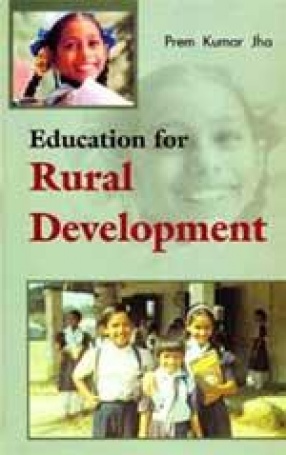
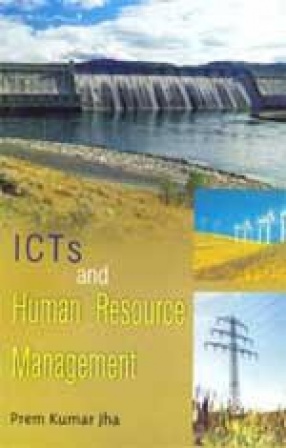

Literacy is the ability to use language and images in rich and varies forms to read, write, listen, speak, view, represent, and think critically about ideas. It enables us to share information, to interact with others, and to make meaning. It is a complex process that involves building on prior knowledge, culture, and experiences in order to develop new knowledge and deeper understanding. It connects individuals and communities, and is an essential tool for ...

Teacher, the key factor in all educational development, needs to be professionally equipped with teaching competencies, commitment and determination to perform at their best. The world needs more teachers, better teachers and more committed teachers. Globalisation has been for sometime now a theme of interest to educators, particularly in the field of teacher education. This book suggests that the notion of globalisation provides a central focus for reframing ...

Three quarters of the world’s poor, those earning less than a dollar a day, live in rural areas. One in five children in the South still does not attend primary school and, while rural-urban statistics on education are scarce, many countries report that non-attendance in school, early dropout of students, adult illiteracy and gender inequality in education are disproportionately high in rural areas, as is poverty. Education for rural people is a topic that ...
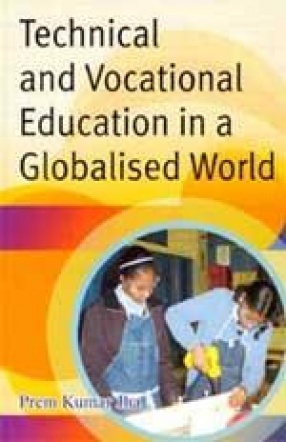
Historically, technical and vocational education and training (TVET) was seen as a way of preparing a work force for industry then as a means to improve the formation of human capital and increase productivity and employment and more recently as a tool to enhance human development. Today, globalisation, liberalization, competition, structural change in economies, rapid technological change, new forms of work organization, and many other social and economic ...
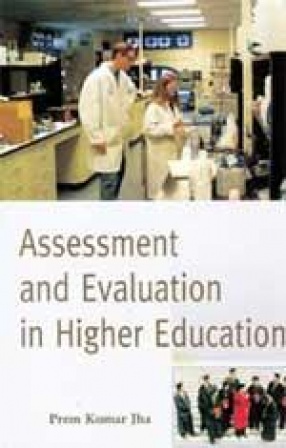
The assessment of student learning begins with educational values. Assessment is not an end in itself but a vehicle for educational improvement. Its effective practice, then, begins with and enacts a vision of the kinds of learning we most value for students and strive to help them achieve. Educational values should drive not only what we choose to assess but also how we do so. Where questions about educational mission and values are skipped over, assessment ...

The Inventive march of human efforts in Information and Communications Technologies (ICT) in the post-modern era have shown new dimensions to the development work. Knowledge and information exchange and many others networking facilities. In Human resource management and natural resource management ICTs can generate a new wave of effective human resource management (HRM). ICTs have potential to help building social and human resource through horizontal and ...
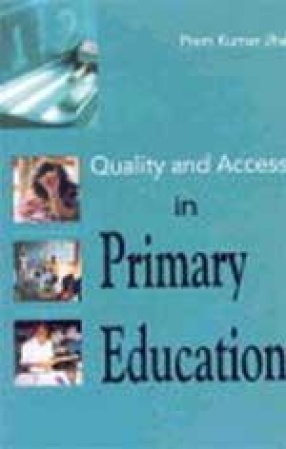
The universal declaration of human rights declared primary education as the basic human right of all people. Accordingly, all nations prioritised universal access to education. Many developed and developing nations have attained universal or near universal access to primary education. Now the focus is on the quality of students' learning. The concern is valid not only for nations who have attained the quantitative targets, it is also valid for nations still ...
